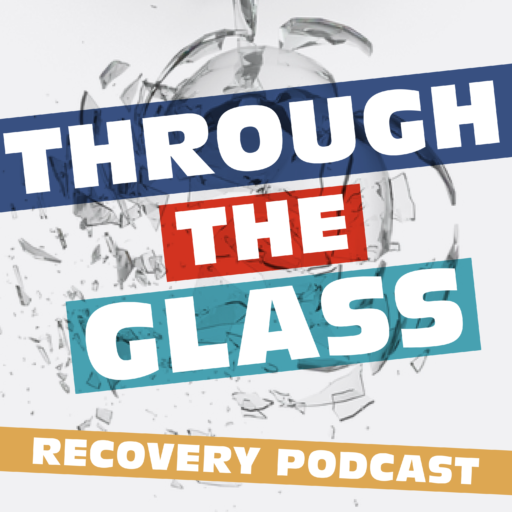As a culture, we tend to dismiss the importance of emotional needs, and it is having devastating consequences. In this post, we’ll talk about why emotional needs are important, how to know and identify our emotional needs, and what the results can be if those needs aren’t met.
Most people are familiar with Maslow’s Hierarchy of Needs, where Abraham Maslow identified all of the core needs of humans, and prioritized them into a pyramid based on his research. In his Hierarchy, Maslow places “physical needs” at the very bottom, showing that they are more important than any other need. It’s easy to agree with this – food, water, and shelter are necessary for survival. But I would argue that having our emotional needs met is equally important. A quote from Simon Sinek changed the way I value emotional needs in an instant. In an interview with Steven Bartlett on Diary of a CEO Episode 176 , Sinek says the following: “I’ve never heard of someone dying by suicide because they were hungry. I’ve heard of people dying by suicide because they were lonely.” Finding ways to have our emotional needs met really is life or death.

So what are our emotional needs?
Researchers of Maslow’s Hierarchy have identified 9 basic emotional needs that all humans share. They are:
Security – a sense of safety that allows us to live our lives and fulfill our potential without fear
Volition – empowerment, a sense of being in control of one’s own life
Attention – This includes giving and receiving attention in the relationships in our lives, and also giving attention to ourselves
Emotional Connection – a feeling of intimacy within friendships and relationships, where we feel seen, heard, and accepted
Connection to community – a sense of connection to something greater than ourselves
Privacy – space and time enough to enjoy solitude and reflect
Sense of self – confidence in our authentic selves and belief that we hold value
Sense of achievement – a belief that our accomplishments hold value
Meaning – a sense of purpose in our lives and the world around us

What happens when emotional needs are not met in addiction recovery?
According to Maslow, not having your emotional needs met can be at the core of conditions such as anxiety, depression… and addiction. Feelings such as emptiness, loneliness, hopelessness and overwhelm may be founded in unmet emotional needs. And those are the feelings that many of us hoped to numb when we began using alcohol and other substances.
Many of us have gone through life not even knowing what our emotional needs are, let alone having them met. Once we’re able to identify our emotional needs, we can take stock and see which needs are being met, and which ones aren’t.
From there, we can begin to add things to our lives that meet those needs. This may mean having a conversation with a friend, spouse, or loved one and communicating your needs to them. Maybe it means finding a volunteer position at a homeless shelter or a humane society to find a sense of purpose. Perhaps you need to find a community where you can begin to develop a sense of self and for connection.
Explore all of the different possibilities for meeting your needs, and start trying them! If something doesn’t feel like a good fit, leave it behind and try something else. As with all parts of recovery, it’s a process and a journey. Give yourself the space to see what works, and find ways to incorporate those things into your life. Create a life so full there’s no space left for alcohol.
If you’re needing connection to a community, we invite you to come check out our free weekly support group on Zoom. Click here for more info!
- How to Cope (Instead of Drink) When You’re Unhappy and You Don’t Know Why - November 30, 2024
- Debunking Myths About Addiction And Sobriety - May 10, 2024
- How Do I Know If I Need to Stop Drinking Alcohol? - May 5, 2024


